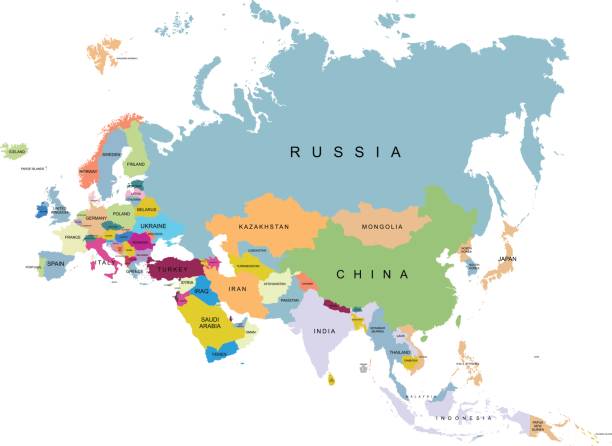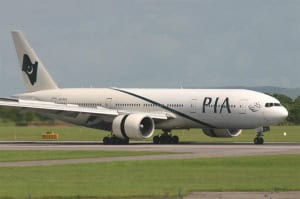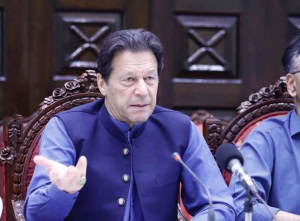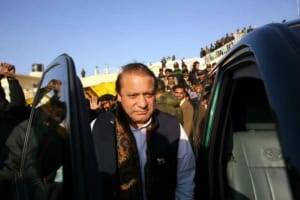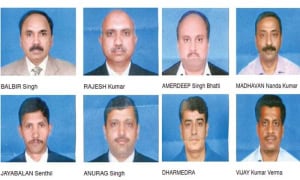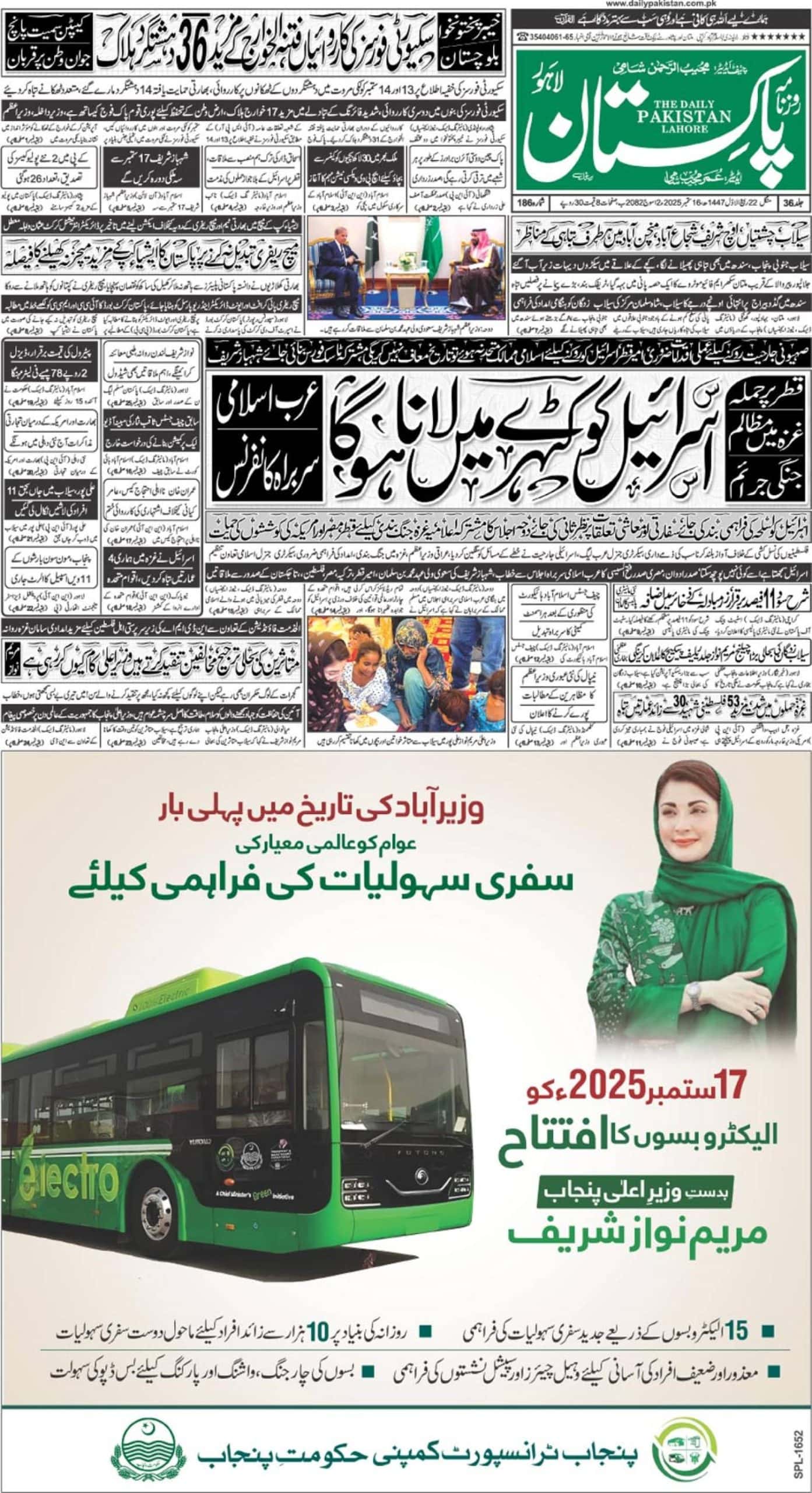“It is needed to develop a deeper understanding of developments taking place in Eurasia, the forces shaping these developments and their implications – positive and other way round – for Pakistan in this scenario. A comprehensive, futuristic Eurasia strategy is need of the hour for Islamabad.”
These views were expressed by experts in the launching ceremony of the Study Circle on Eurasian Affairs (SCEA), in Islamabad on Thursday.
SCEA has been initiated as the first step towards establishing Pakistan’s first dedicated institutional platform – a full-fledged think-tank – for study of Eurasian Affairs from a Pakistani perspective.
Irfan Shahzad, founding Convenor of the initiative, while highlighting the significance of the subject, emphasized that “what happens on Eurasian landmass has profound bearings on the politics and development of the rest of the world.” “It is globally understood that 21st century will be the Eurasian Century”, he noted.
Irfan Shahzad also asserted that “with the advent of China-Pakistan Economic Corridor (CPEC) – which is a flagship component of China’s mega Belt and Road Initiative (BRI) – Pakistan has assumed the significance as ‘Fulcrum of Eurasia’ in the emerging continental setting.”
Dr. Talat Shabbir, Director of China-Pakistan Study Centre (CPSC) at the Institute of Strategic Studies (ISSI), Islamabad, while chairing the session stressed that “it is imperative to develop deeper economic and commercial understanding and contacts between Pakistan and Eurasia” as economy is the driving force in prevailing and emerging scenarios.
He shared that the coming up think-tank would have three councils / committees: one each on knowledge, business and culture. Dr. Talat Shabbir shared that the new think-tank will set meaningful goals and will plan result-oriented activities.
Ghalib Khan Wazir, former state minister for State and Frontier Regions (SAFRON), supported the idea saying that such intellectual activities lay the foundations for forging between ties between countries and regions.
Sami Ullah Khan Burki, CEO of the Burki Group, highlighted that developing mutually beneficial and sustainable business and commercial bonds between the relevant sectors of the two sides helps in lasting inter-state relations.
A sizeable number of relevant experts and practitioners have come forward to join the Study Circle. The new think-tank would work in collaboration with Pakistani and international counterparts.
It was decided that a roundtable conference would be held immediately after Ramzan to deliberate upon the contours of Pakistan’s much-needed Eurasia strategy and recommendations will be forwarded to policy circles.
